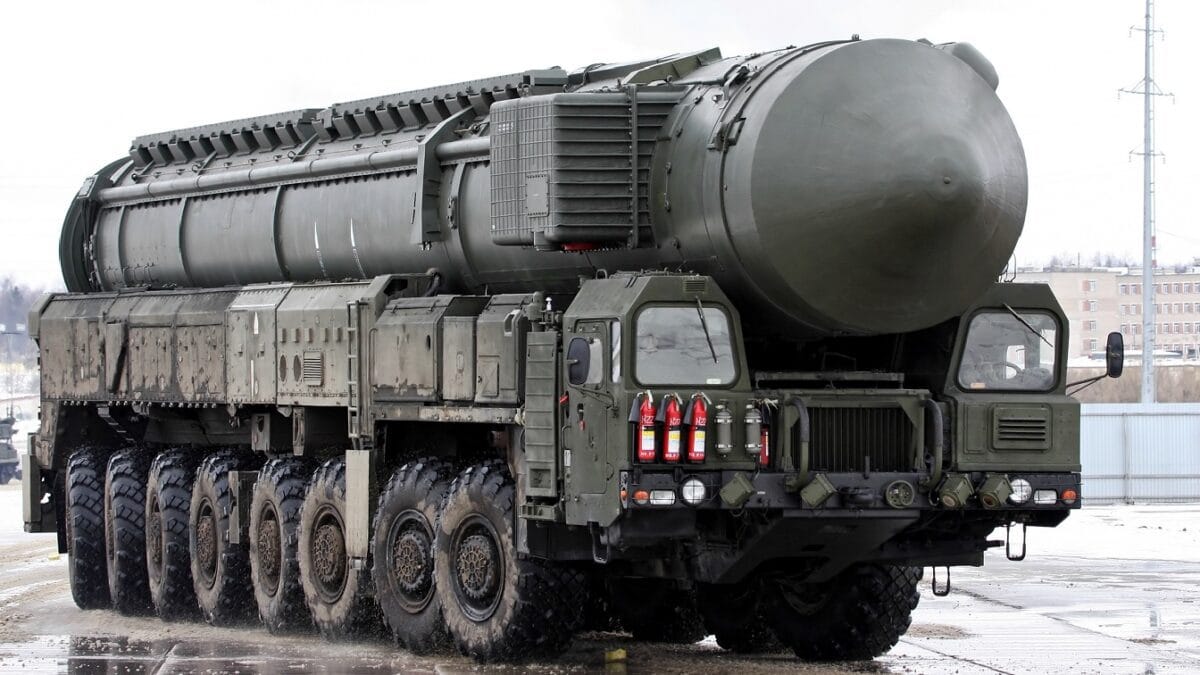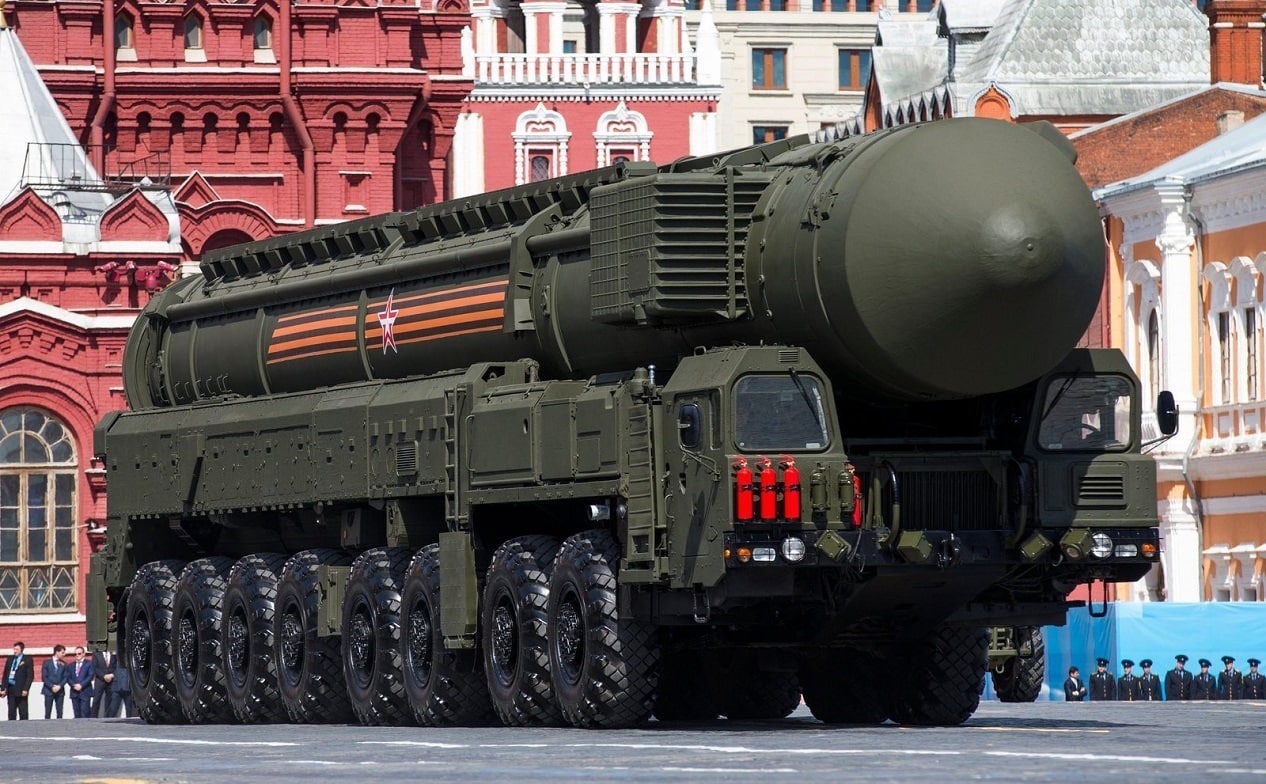Russia’s Putin Threatens Nuclear Strikes In Disturbing National Address – In a speech initially expected to be made last night, Russian President Vladimir Putin this morning addressed the people of Russia for the first time since the outbreak of the Ukraine invasion in February, announcing a “partial mobilization” of his military into the country.
The severity of the threats made within the speech reflects Russia’s severe lack of military resources and inability to achieve its goals in Ukraine. Putin’s words also represent the greatest threat to NATO allies so far, and will likely result in the destruction of yet more civilian infrastructure across Ukraine.
The Russian president painted a picture of Western countries working to “destroy” Russia and revealed that a new offensive would begin immediately.
“In order to protect our homeland, its sovereignty and territorial integrity, to ensure the security of our people and people in the liberated territories, I consider it necessary to support the proposal of the Ministry of Defense and the General Staff to conduct partial mobilization in the Russian Federation,” Putin said, adding that a decree on the partial mobilization of his military was already signed.
The Russian president, who previously ordered his military to find 147,000 new soldiers for his “special military operation,” sought to reassure the Russian people by confirming that only citizens who are in Russia’s military reserve would be mobilized. There will be no conscription of ordinary citizens for now.
“I repeat, we are talking only about partial mobilization. That is, only those citizens who are in the reserve and, above all, those who served in the armed forces, have certain military specialties and relevant experience, will be subject to conscription,” Putin said.
Threat Of Nuclear Strike?
Putin also appeared to make vague threats of nuclear war with the West.
“After the Kiev regime actually publicly refused a peaceful solution to the Donbas problem today and, moreover, announced its claim to nuclear weapons, it became obvious that a new next large-scale offensive in the Donbas, as it had already happened twice before, was inevitable,” the Russian leader said.
Putin’s threats of nuclear war were not veiled, either.
Accusing the West of “nuclear blackmail,” Putin insisted that he is “not bluffing” about retaliating.
“If there is a threat to the territorial integrity of our country, and in protecting our people we will certainly use all means to us – and I’m not bluffing,” Putin said.
It reflects comments made by Kremlin spokesman Dmitry Peskov repeatedly throughout the war that Russia would only use nuclear weapons in the event of an “existential threat” to the country. Putin said that his country faces such a threat both directly and indirectly.
“The goal of the West is to weaken, divide and ultimately destroy our country,” Putin claimed.
The Russian president also claimed that by opposing his expansionist and military endeavors, the West was attempting to “break up” Russia into smaller territories. Putin was likely discussing the West’s insistence that he return Crimea to Ukraine.
“They are already saying directly that they were able to split the Soviet Union in 1991 and now the time has come for Russia to break up into a multitude of regions and areas which are fatally hostile to each other.”
Putin just described the existential threat the Kremlin has long used as a justification for nuclear conflict, and facing the very real possibility of losing this conflict, the Russian leader is resorting to great escalations to terrify the West into walking back support for Ukraine and allowing his military to annex Donbas as it did Crimea in 2014.

Russian Mobile ICBMs. Image Credit: Creative Commons.
Putin is fighting for his life, legacy, and power – and the threat of nuclear war might be the only way he can succeed.
Jack Buckby is a British author, counter-extremism researcher, and journalist based in New York. Reporting on the U.K., Europe, and the U.S., he works to analyze and understand left-wing and right-wing radicalization, and reports on Western governments’ approaches to the pressing issues of today. His books and research papers explore these themes and propose pragmatic solutions to our increasingly polarized society.

